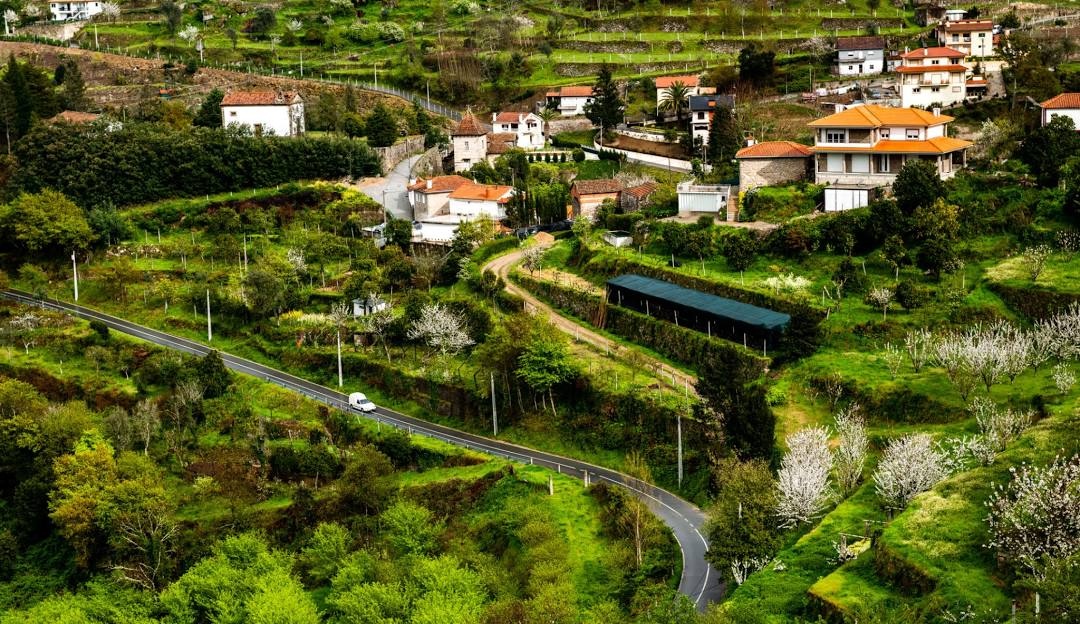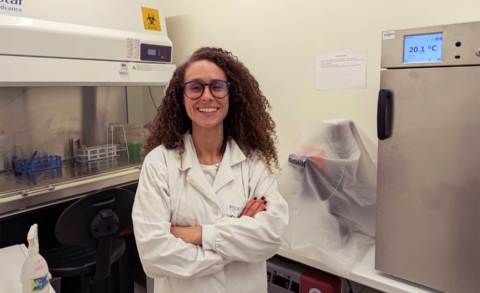
Although Portugal has a long tradition of farming rainbow trout-dating back to the first fish farm established on the Coura River in 1960-production actually remains capped at 905 tonnes. This figure has fluctuated only slightly over the years and represents a mere 5% of the 18 822 tonnes recorded in 2022.
This freshwater aquaculture underscores how far it trails its marine counterpart. In recent years, this already constrained sector has come under mounting pressure from increasingly severe heat and drought.
July 2025 was classified by the Portuguese Institute of the Sea and Atmosphere (IMPA) as “very warm and very dry” across the entire mainland. Average temperatures reached 23.6ºC-one degree above the long-term mean and the ninth warmest July since 1931-while rainfall totaled just 3.3 mm, 33% of the usual amount and the seventh lowest July total since 2000.
Water scarcity has left 62% of the country in mild drought and 5% in moderate drought. Reservoir level-vital for supplying and abstraction points at fish farms-are critically low at 22 of the 80 monitored sites, and 21 groundwater bodies in Alentejo and the Algarve are in an even more serious state than during the 2005 dought.
Under these conditions, rainbow trout may reach physiological stress thresholds. Optimal growth occurs between 15ºC and 20ºC the fish already experience chronic stress and increased disease susceptibility, with acute mortality thresholds beginning at 23ºC.
In a highly fragmented freshwater sector dominated by small enterprises, there is little scope for the modernization of infrastructure or the scaling-up of operations. According to the National Register of Aquaculture Producers (RNPA), managed by the Directorate-General for Food and Veterinary Affairs, 41 freshwater farms were active in 2023-a slight decline from previous years as less profitable small units have closed.
The 905 tonnes of trout production generate an estimated turnover of €5-6 million annually and employ around 200 workeres in rural areas, excluding the wider supply of processors, distributors and equipment suppliers.
The way forward lies in the adoption of Recirculating Aquaculture Systems (RAS), which can reduce freshwater dependency by up to 90%, and in the diversification towards species with greater tolerance to thermal stress.
Where can freshwater producers turn for funding? Portugal has two principal public funding sources: the European Maritime, Fisheries and Aquaculture Fund (EMFAF), endowed with €392.6 million-of which 35.8% is earmarked for sustainable aquaculture-and the National Plan for Transitional Water Aquaculture alongside the IPMA’s AdaPT programme, both of which offer targeted grants to support infrastructures modernization and technical training.


